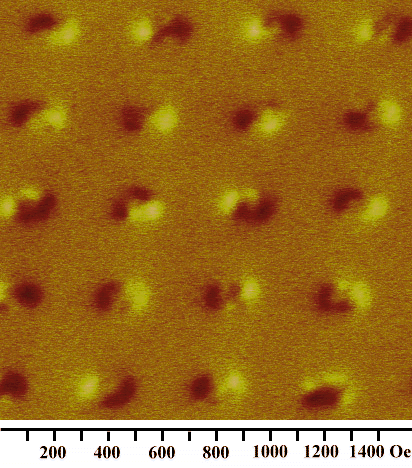Grumblenuts
Gold Member
- Oct 16, 2017
- 15,426
- 5,223
- 210
Why not? It's nearly exactly what you just quoted me saying and exactly what HSI Sensing says where you stole it from.A magnet subjected to heat experiences a reduction in its magnetic field as the particles within the magnet are moving at an increasingly faster and more sporadic rate. This jumbling confuses and misaligns the magnetic domains, causing the magnetism to decrease.
Do you agree with this?
Nope. The Aether is never heated nor cooled. It does transfer infrared energy from heat sources to heat sinks (warmer to colder matter) via conduction, radiation, and convection. "Magnets" generally do not lose strength all at once unless they are heated and struck really hard. Different materials respond differently to being heated and cooled. None lose or gain field strength at a specific temperature.One question that comes to my mind, does a magnet lose strength proportionality to the heat of the surrounding aether? Or does it lose strength all at once when it reaches a certain temperature. Because why would it gradually lose strength if the loss of the field strength is due to rearranging the atoms that require a specific temperature.
As I said, the molecules are polarized by an applied external magnetic field then fixed into that state once allowed to cool enough for the entire mass to crystalize into a uniform solid.
I see nothing similar and have explained why.I think my answer is pretty similar, the electric shell creates the magnetic field, and the density/temperature of the aether determines how much the magnetic field retracts, and at a certain temperature for a magnet the shell's become stronger in repulsion and overcome there structural bonds.
No I don't and no I haven't. But I'd agree that both "electron shell" and "orbital" sound stupid. "Valence shells", "Probability clouds", "Electric shells", "Lobes" -- meh. I'm not excited by any of them. Good question. I have thought about it. Still working on it..Do you think a magnetic field originates from the electric shell? (by the way thought of any good names other then electron shell? I say electric shell but it sounds kind off stupid)
Last edited:


